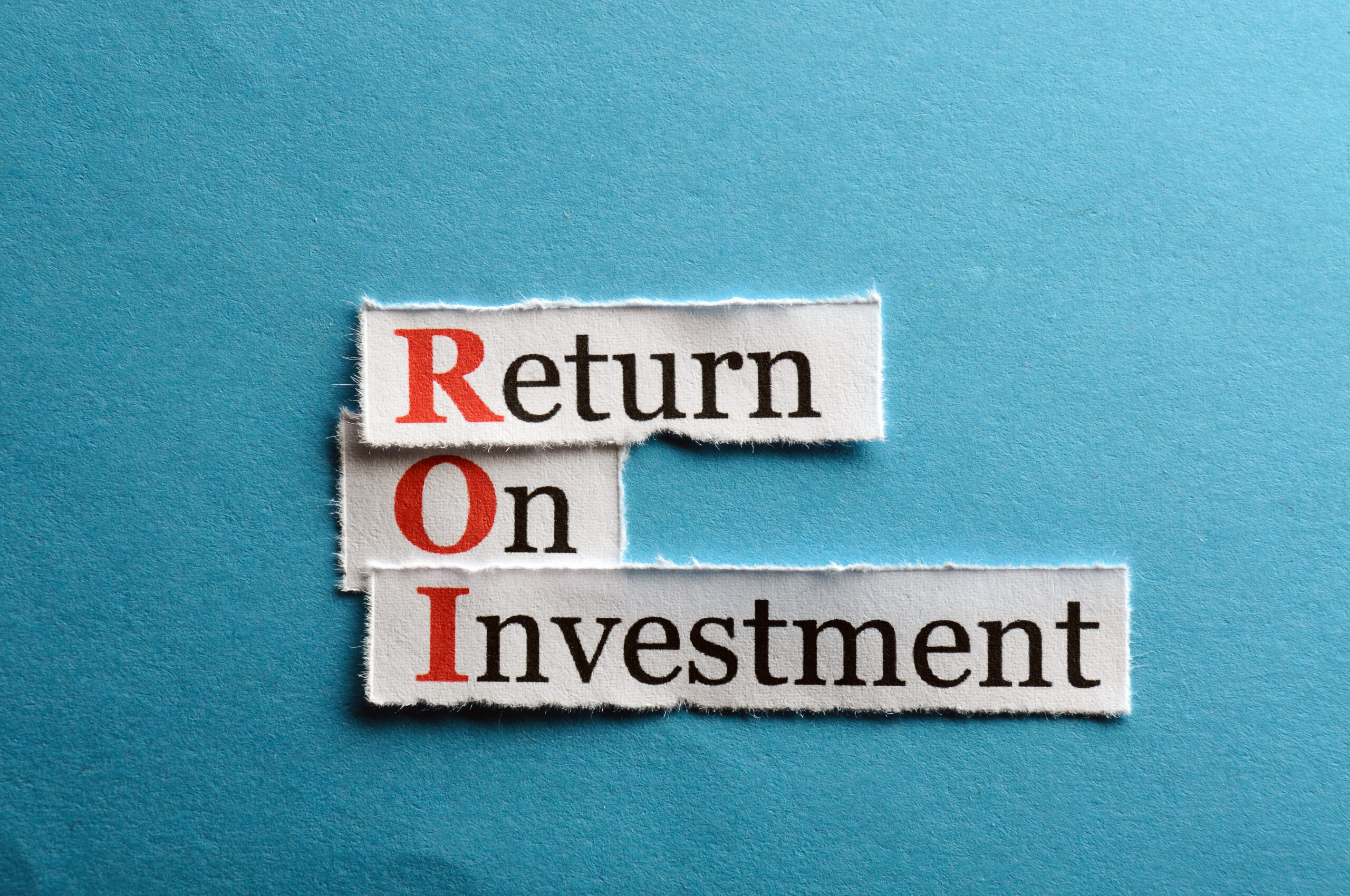Grounding us and making us think hard about what if we don’t do that presentation – Kris Flegg helps us think about our work
Your audience needs to be as interested in what you present as you are. It’s your job to make them. That’s the challenge you’re up against.
In most presentations, failure isn’t as dramatic as a ceiling falling down, a room full of heckling and boos or the audience walking out in protest. A presentation’s main failure is usually more subtle. Your idea goes nowhere, connections aren’t made or problems remain unsolved even after the audience has heard your solution. It’s silent, passive resistance to what you present and an unmoved audience.
Be honest and ask yourself: what happens if I fail to appear?
If you’re considering your audience’s needs, being their humble servant, beginning with the end in mind, following a structure and being authentically you, then you’ve already built a strong foundation for breaking through this resistance and making an impact.
Here’s another principle that will greatly assist. Start with the assumption no one really cares about what you’re planning to present, and that your job is to make them care. When you work with a certain subject matter every day, you can quickly lose objectivity when communicating.
Getting in the way of your presentation
When you lack objectivity about your topic, it presents two clear barriers when presenting:
- You can easily assume everyone has at least an equal understanding of your subject matter.
- Your day-to-day familiarity with your subject matter might mean you’re missing the wonder of it, that is, the magic it takes to bring the audience into your world.
The starting point in embracing this is to ask yourself what the difference is between your presentation taking place and not taking place. Unless you’re revealing how to survive a shark attack or you have cracked the code to cure illnesses, it’s unlikely the audience will be on the edge of their seats or glued to the screen waiting with bated breath.
Be honest and ask yourself: what happens if I fail to appear? What happens if the internet cuts out completely, and my Zoom presentation doesn’t happen? Ask yourself this question from the audience’s perspective. Will your failure to reach the audience have a dramatic impact on their lives? Take your time here. Think with your head and examine with your heart. Dig deep and find those reasons. If you’ve spent time on this and still can’t justify things, then throw everything out the window, reset and find a new lens.
The lens of realism
Assuming apathy is a healthy dose of self-imposed realism that forces you to focus on creating value and fair exchange with your audience. Once you’ve adopted this principle and are clear on the fact that what’s important to you may not be as important to everyone else, you’re in a good place.
Your task as a presenter is to move people from where they are to a future state. That’s not going to happen by luck or good fortune; it’s up to you and you should feel energised to do it.
Most presentations are time-fillers that will never make a difference or impact. To be a better presenter, you need to appreciate this and use your focus to make sure what you do has some sort of meaning. If you don’t care, or don’t appreciate this, the change you want won’t happen. The wall of passive resistance will win. Your job is to be a persuasive presenter. It’s not up to your audience to pretend to care. It’s up to you to persuade them.
Kris Flegg is the founder and director of Presentation Design Co. and author of The Presentation Playbook




